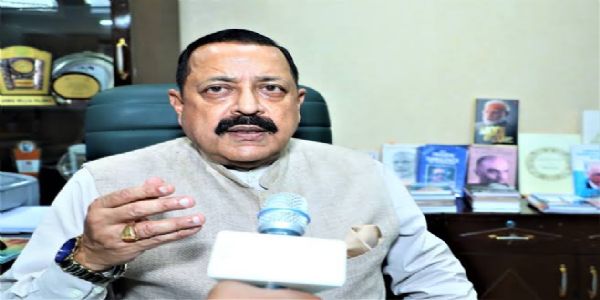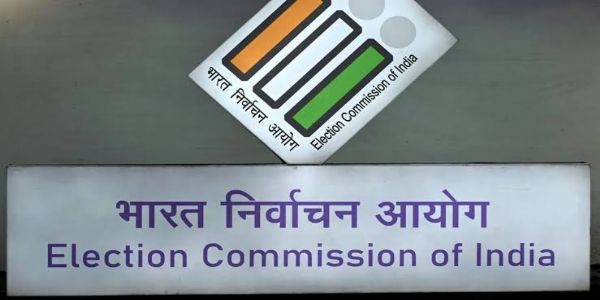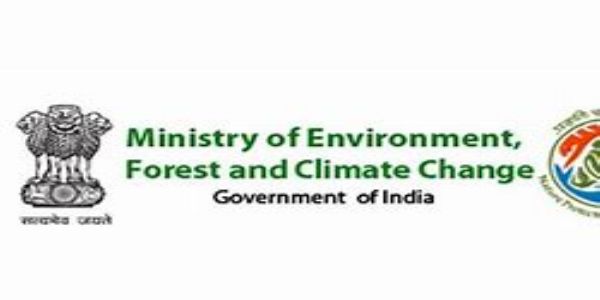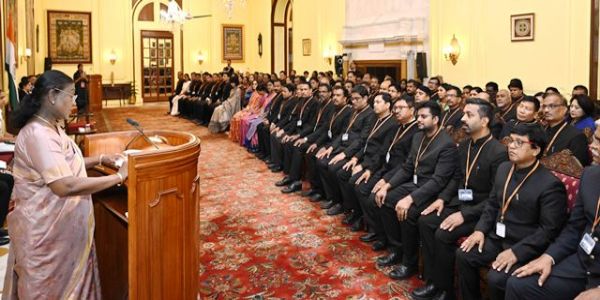
Delhi, 2 June (H.S.): Union Minister of State (Independent Charge) for Science & Technology, Dr. Jitendra Singh, launched ‘Bharat Gen’, an indigenous AI-based Multimodal Large Language Model (LLM) for Indian languages, at the BharatGen Summit. This initiative, developed under the National Mission on Interdisciplinary Cyber-Physical Systems (NM-ICPS) and implemented by the TIH Foundation at IIT Bombay, aims to transform AI across India's diverse linguistic and cultural landscape. Supported by the Department of Science and Technology, BharatGen involves a consortium of top academic institutions, experts, and innovators.
Dr. Singh characterized BharatGen as a “national mission” focused on creating ethical, inclusive, and multilingual AI deeply rooted in Indian values. The platform seamlessly integrates text, speech, and image modalities, providing AI solutions in 22 Indian languages. He stated that this initiative will empower vital sectors such as healthcare, education, agriculture, and governance, creating AI solutions tailored to regional needs.
The Minister shared a success story from his constituency about AI-enabled telemedicine, where an AI doctor communicates in the patient's native language, fostering trust and enhancing care, especially in remote areas connected with specialty hospitals. Dr. Singh aligned BharatGen with Prime Minister Narendra Modi’s vision of India's Techade, emphasizing its role in driving innovation and inclusion. He mentioned that India’s progress in AI, exemplified by the CPGRAMS grievance redressal system, has set a global benchmark.
Furthermore, Dr. Singh reiterated that the Anusandhan NRF would enhance India’s R&D and innovation ecosystem. He highlighted the ongoing transformation through flagship initiatives like PM MUDRA Yojana, PM SVANidhi, and PM Vishwakarma Yojana, which aim to uplift street vendors, artisans, and micro-entrepreneurs, showcasing the government's commitment to empowering all sections of society through technology and innovation.
Dr. Jitendra Singh emphasized the significant impact of Generative AI on grassroots governance, highlighting the enhancement of citizen engagement and grievance redressal through multilingual feedback systems within platforms like CPGRAMS. He also pointed out the inclusive aim of NEP 2020, which encourages interdisciplinary education, allowing students to mix technical and humanities fields to boost their employability and innovation.
He praised the achievements of over 3,000 Agri-tech StartUps, particularly those like the lavender cultivation projects in Jammu & Kashmir, showcasing that innovation exists beyond major cities and the IT sector. The summit featured a key MoU exchange ceremony focused on strengthening collaboration between government departments and research institutions.
A pivotal moment was the launch of the Generative AI Hackathon 2025, aimed at engaging student innovators to tackle real-world challenges using AI. The BharatGen initiative was introduced through a network of 25 Technology Innovation Hubs (TIHs), with four upgraded to Technology Translational Research Parks (TTRPs). The initiative’s four pillars are technology development, entrepreneurship, human resource development, and international collaboration.
The BharatGen Summit attracted prominent guests, including Prof. Abhay Karandikar, Secretary of the Department of Science and Technology; V. Srinivas, Secretary of the Department of Administrative Reforms and Public Grievances; Rajit Punhani, Secretary of the Ministry of Skill Development & Entrepreneurship; and Abhishek Singh, Additional Secretary of the Ministry of Electronics and IT. The presence of industry leader Kris Gopalakrishnan, co-founder of Infosys, and Prof. Ganesh Ramakrishnan, Principal Investigator of BharatGen, as well as senior officials, eminent academicians, and innovative students, enriched the summit’s emphasis on advancing India’s AI ecosystem.
---------------
Hindusthan Samachar / Jun Sarkar








